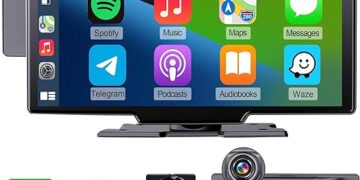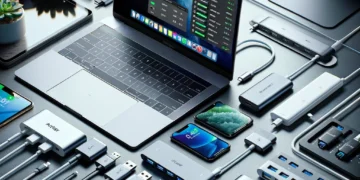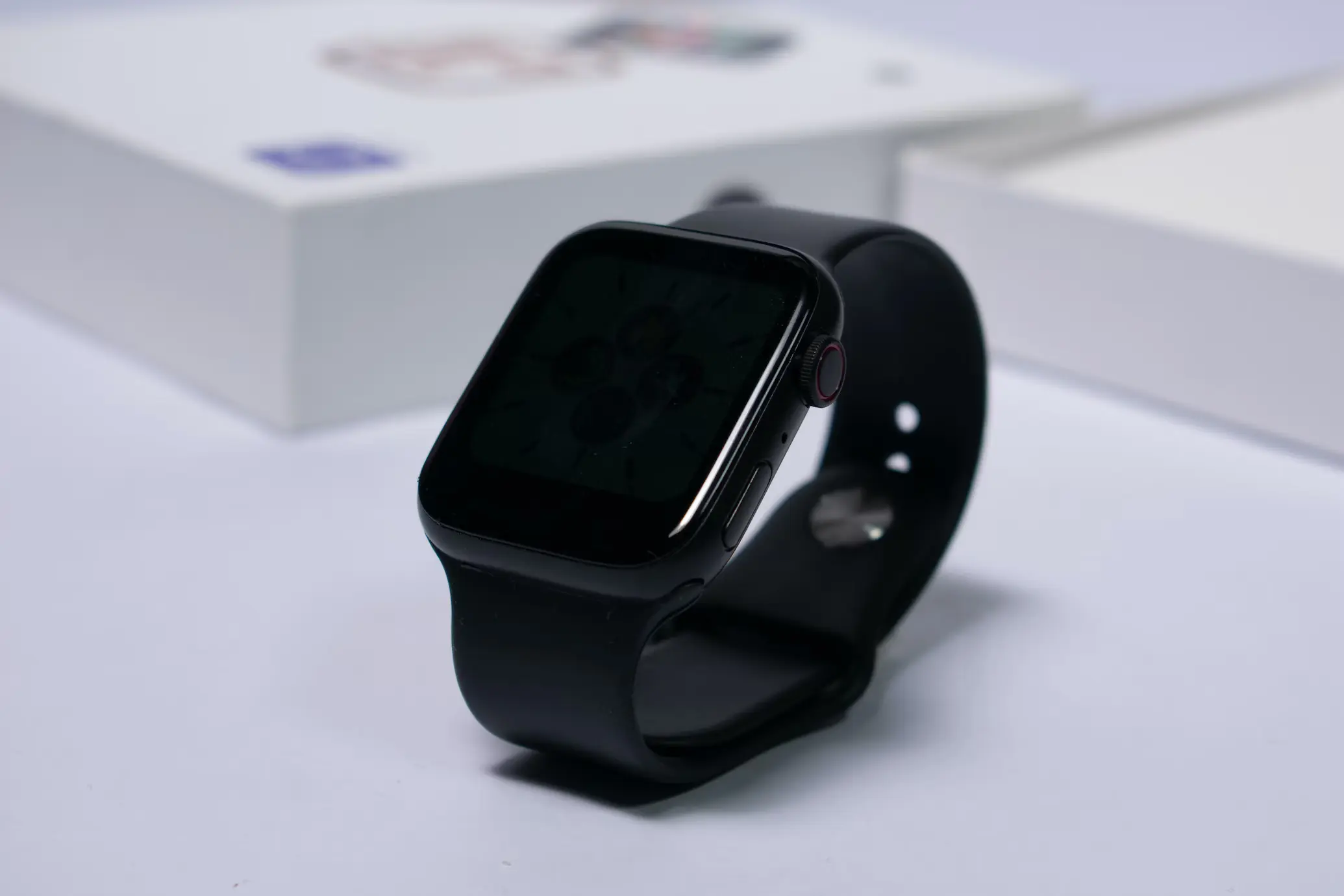In the titanic tussle of tech titans, Microsoft’s Bing, armed with its shiny new AI armor, hoped to land a punch on Google’s dominant jaw in the search market arena. But, despite Bing’s AI-powered jazz hands, Google remains the undisputed king of the search ring. It’s like bringing a lightsaber to a starship fight – cool, but not quite enough.
Microsoft, in its quest to be the David to Google’s Goliath, introduced generative AI into Bing, hoping to woo users with its fancy new features. Think of it as Bing throwing a lavish AI party, complete with balloons and streamers, only to find that most guests are still chilling at Google’s older, but more familiar, bash.
Let’s peek at the scoreboard, shall we? Google is lounging comfortably at 88.1% of the U.S. search market share, even managing a cheeky increase from the previous year. Bing, on the other hand, despite its AI fanfare, saw its share dip from 7.4% to 6.92%. It’s like striving for an Olympic gold but ending up with a participation certificate.
Even in the world desktop searches, where Bing flexes a bit more muscle, it’s still trailing, having slipped from 9.92% to 9.14%. And let’s not even start on mobile searches – where Google is the LeBron James of the game, and Bing is, well, sitting on the bench.
Why, you ask, hasn’t Bing’s AI magic worked its charm? Greg Sterling, a tech pundit, points out that Microsoft may have fumbled the ball by initially tying Bing’s AI to its Edge browser. It’s like hosting a house party but telling guests they can only enter through the back door.
Then there’s the power of habit. People are creatures of habit, and Google is like that comfy old sofa you just can’t give up. Convincing folks to switch to Bing is like trying to persuade someone to trade their favorite old sneakers for shiny new ones.
What about the AI itself? According to Mark N. Vena, a tech analyst, while Bing’s AI is a leap forward, it’s up against Google’s entrenched dominance, accuracy, and relevance. It’s a classic David vs. Goliath scenario, but this time, Goliath’s got home-field advantage.
So, where does that leave our AI-powered Bing? Well, it’s still a work in progress. Rob Enderle, another tech analyst, believes Bing needs to push the AI envelope further. It’s like being at the cutting edge, but still needing to sharpen the blade.
And let’s not forget the ongoing antitrust trials against Google. If AI can’t topple Google’s search supremacy, perhaps the court system might. It’s like a plot twist in a legal drama where the underdog hopes the law will do what technology couldn’t.










![Apple Watch SE (2nd Gen) [GPS 40mm] Smartwatch with Starlight Aluminum Case with Starlight Sport Band S/M. Fitness & Sleep Tracker, Crash Detection, Heart Rate Monitor](https://www.tech-bit.com/wp-content/uploads/2024/06/applewatchse2ndgengps40mmsmartwatchwithstarlightaluminumcase-360x180.jpg)


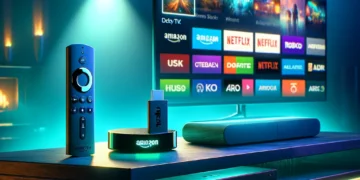


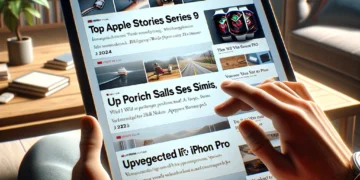





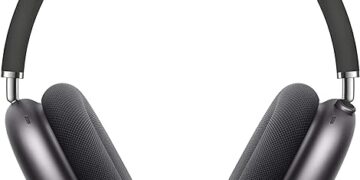

![Apple Watch Series 9 [GPS 45mm] Smartwatch with Midnight Aluminum Case with Midnight Sport Band S/M. Fitness Tracker, ECG Apps, Always-On Retina Display, Water Resistant](https://www.tech-bit.com/wp-content/uploads/2024/06/applewatchseries9gps45mmsmartwatchwithmidnightaluminumcasewith-360x180.jpg)







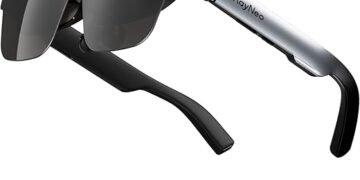

![Apple Watch Ultra 2 [GPS + Cellular 49mm] Smartwatch, Sport Watch with Rugged Black Titanium Case with Black Ocean Band. Fitness Tracker, Precision GPS, Action Button, Extra-Long Battery Life](https://www.tech-bit.com/wp-content/uploads/2024/10/applewatchultra2gpscellular49mmsmartwatchsportwatchwithrugged-360x180.jpg)

